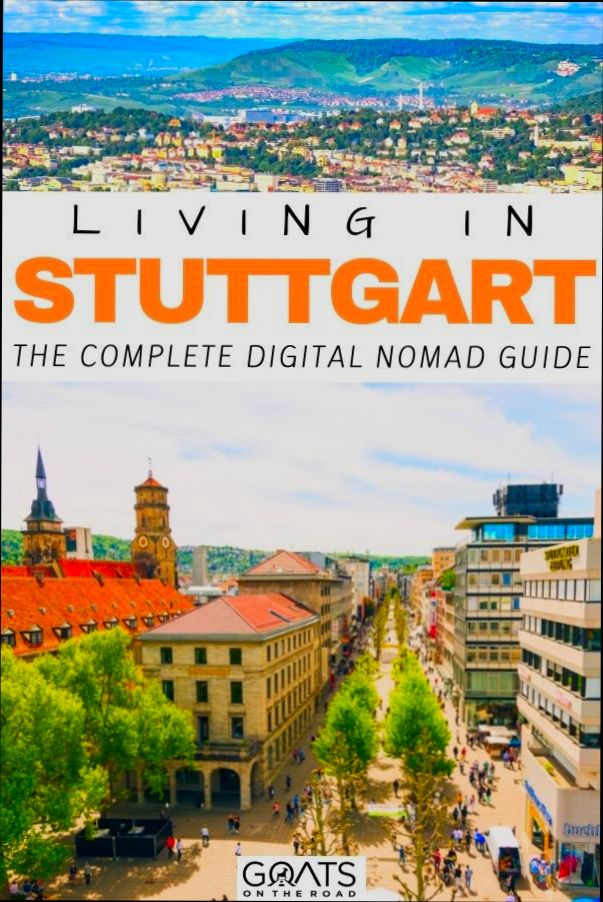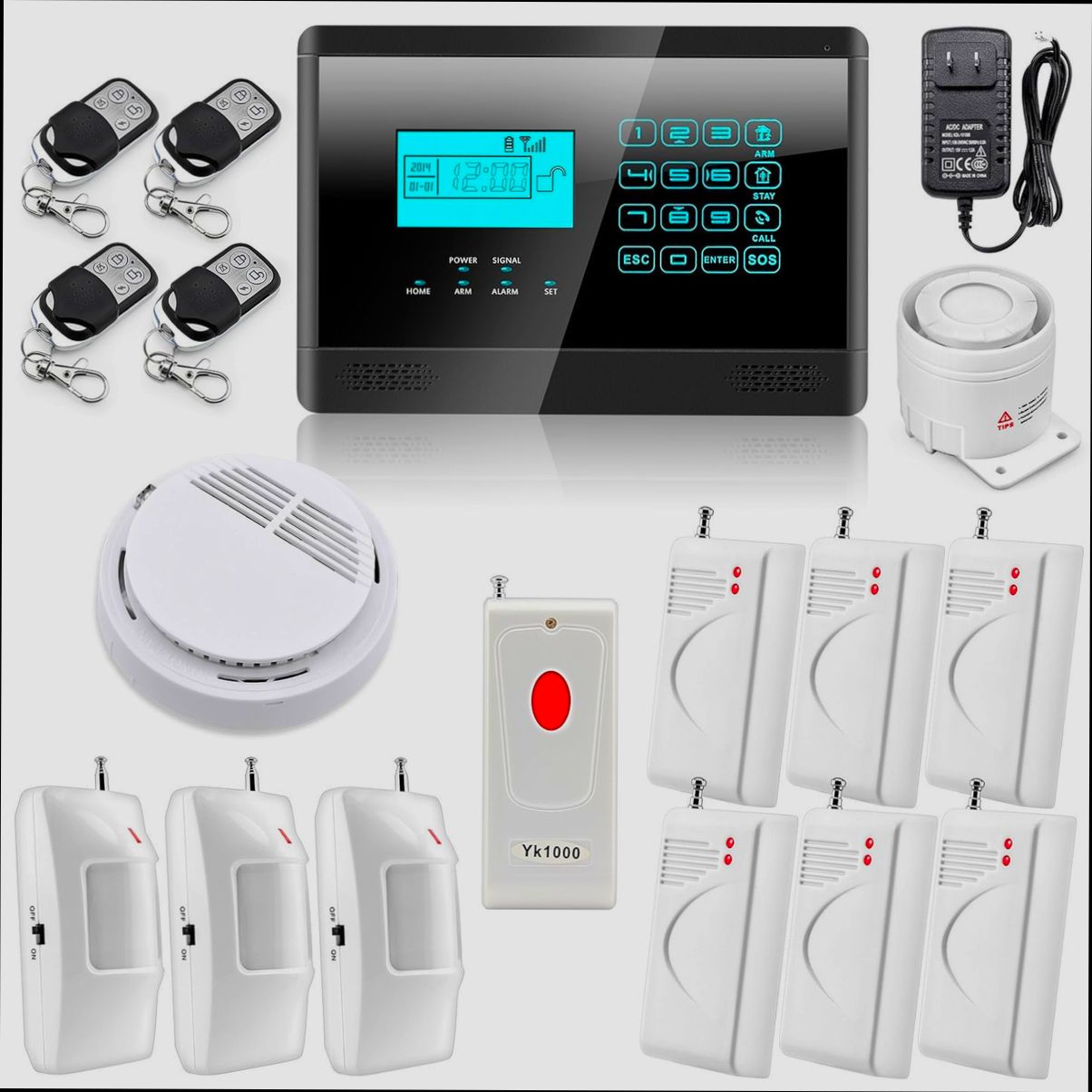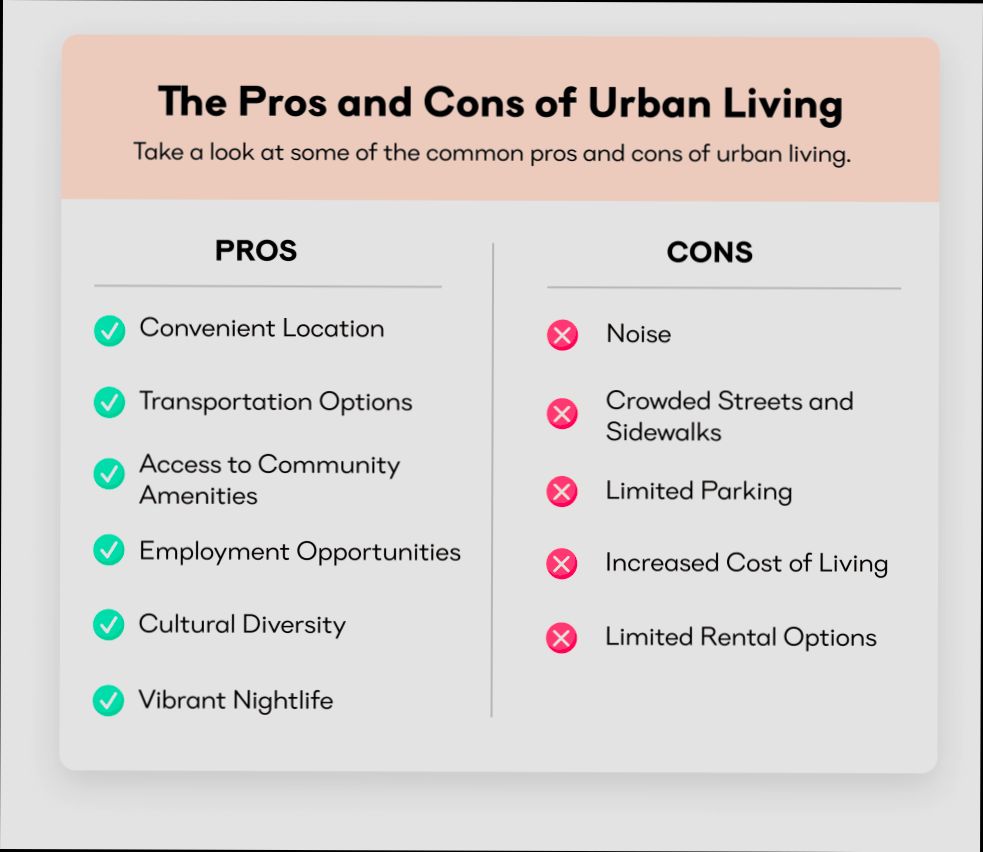Pros and Cons of Living in Stuttgart reveal a lot about this hidden gem. Nestled in the heart of Baden-Württemberg, Stuttgart combines the charm of a small town with the perks of a big city. You’ll realize pretty quickly that it’s home to major automakers like Mercedes-Benz and Porsche—no wonder car enthusiasts are drawn here! Plus, the public transportation system is top-notch, with efficient trains and trams that get you around the city and beyond. When it comes to parks and green spaces, Stuttgart excels, boasting the sprawling Schlossgarten and beautiful vineyards surrounding the city that encourages outdoor adventures.
On the flip side, living in Stuttgart comes with its own set of challenges. The cost of living can hit hard, especially for housing; renting a one-bedroom apartment in the city center can easily set you back over €1,000 a month. And let’s not overlook the weather—while summer can be sunny and beautiful, winters tend to be gray and dreary, leaving some folks feeling a bit down. Additionally, the local dialect might throw you for a loop—Swabian has its quirks that can make conversations a challenge for newcomers. Balancing these pros and cons is key for anyone considering making Stuttgart their home.
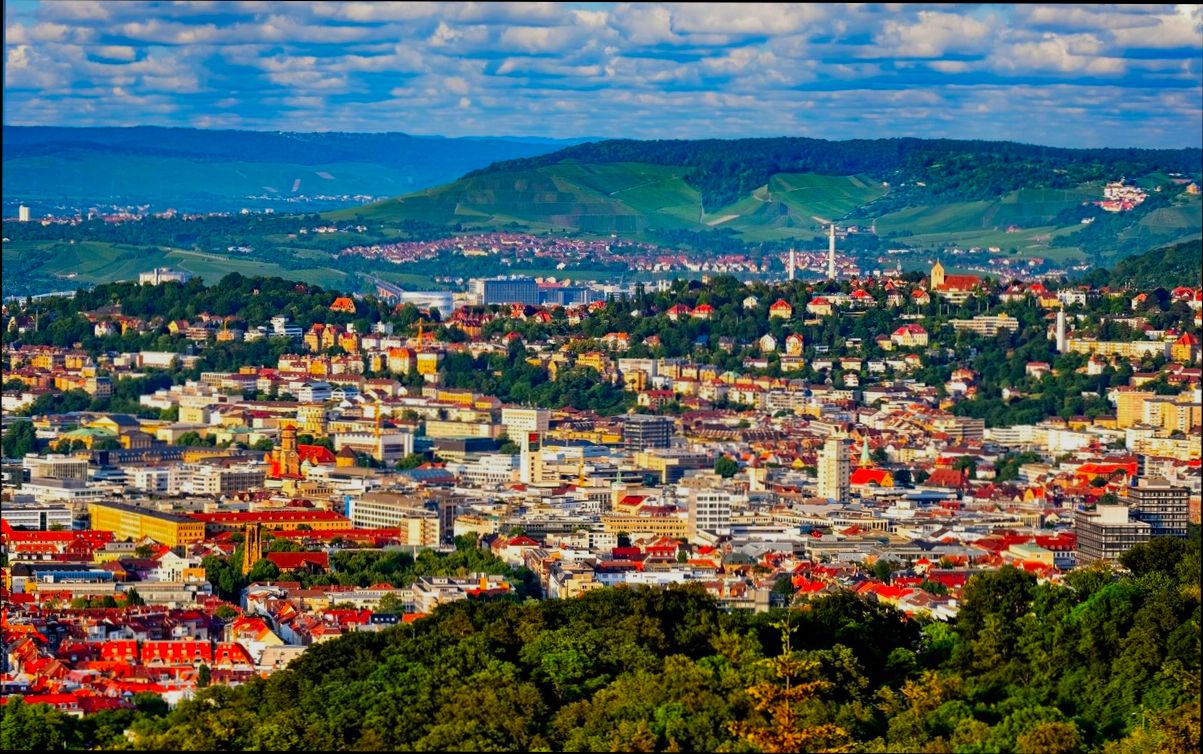
Cost of Living Insights in Stuttgart
Navigating the cost of living in Stuttgart is essential for anyone considering a move to this vibrant city. Let’s break down some of the key financial factors you’ll encounter and offer actionable insights for budgeting effectively in Stuttgart.
Key Cost Categories
When planning your budget, it’s crucial to understand the major expenses you will face. Here are some essential cost categories:
- Housing: The average monthly rent for a one-bedroom apartment in Stuttgart is approximately €1,100 in the city center and about €850 outside the center. This reflects a housing market that can be a bit steep compared to other German cities.
- Groceries: Expect to spend around €250-€400 monthly on groceries, depending on dietary preferences and shopping habits. Essentials like milk and bread are reasonably priced, but organic products can run higher.
- Transportation: Public transport is efficient; a monthly pass costs about €80. If you prefer driving, factor in fuel prices averaging around €1.60 per liter.
- Utilities: Monthly utility bills average €250 for a standard apartment, covering electricity, heating, water, and garbage.
Comparative Cost Table
Here’s a quick comparison of essential living expenses in Stuttgart with other cities:
| Category | Stuttgart (€) | Munich (€) | Berlin (€) |
|---|---|---|---|
| Rent (1-bedroom) | 1,100 | 1,300 | 1,100 |
| Groceries (monthly) | 350 | 400 | 300 |
| Public Transport | 80 | 90 | 80 |
| Utilities (monthly) | 250 | 300 | 200 |
Real-World Examples
For instance, Sarah, a marketing professional from Berlin, moved to Stuttgart and found her monthly expenses increased by about 15%. While she was able to negotiate a rent reduction by signing a long-term lease, her grocery bills climbed due to a preference for local markets, which tend to be pricier.
Similarly, Tom, an engineer from Germany’s North, noticed that while his rent was on par with what he previously paid, his commuting costs and need for a monthly transport pass added approximately €50 more than he budgeted. Transitioning to a bike for a short commute saved him some monthly costs while embracing Stuttgart’s bike-friendly infrastructure.
Practical Implications
When settling in Stuttgart, consider the following strategies to manage your cost of living effectively:
- Housing: Explore neighborhoods slightly outside the city center that offer lower rental prices but still provide easy access to public transport.
- Grocery shopping: Utilize weekly markets and local supermarkets, which often feature lower prices on fresh produce and local goods.
- Transport: If you can, rely on biking or walking, which not only cut costs but also allow you to enjoy the city’s scenic views.
Actionable Advice
- Start budgeting for at least €1,200 monthly for housing to secure a decent one-bedroom apartment, including utilities.
- If groceries are a concern, track your spending for the first few months to adjust based on your lifestyle and dietary needs.
- Consider using public transport strategically during the first few months, especially if you’re still assessing your commuting needs.
Understanding these financial nuances will equip you for an easier transition while confidently managing your expenses in Stuttgart.

Cultural Attractions and Activities Available
Stuttgart is more than just a city of automotive excellence; it boasts a dynamic array of cultural attractions and activities sure to enrich your experience. Whether you’re a history buff, art lover, or music enthusiast, there’s something for everyone in this vibrant city.
Vibrant Museums and Galleries
Stuttgart is home to over 30 museums, providing a rich tapestry of cultural experiences. Here are some highlights:
- Staatsgalerie Stuttgart: Recognized as one of Germany’s most important art museums, it showcases works from the 14th century to contemporary art, attracting over 400,000 visitors annually.
- Mercedes-Benz Museum: This unique museum draws in roughly 780,000 visitors each year, celebrating the history of automobiles and the iconic Mercedes brand.
- Porsche Museum: With its engaging exhibits, this museum welcomes around 200,000 visitors yearly, offering a glimpse into the evolution of the Porsche marque.
Annual Events and Festivals
Stuttgart hosts a variety of cultural festivals that celebrate its heritage and arts, contributing to a lively atmosphere throughout the year.
- Stuttgart Wine Festival: Held annually in late summer, it showcases regional wines and attracts about 100,000 attendees, making it ideal for socializing and indulging in local flavors.
- Stuttgart Christmas Market: This market is one of the oldest and most charming in Germany, drawing approximately 3 million visitors each year, famous for its festive ambiance and artisanal goods.
- Jazz Festival Stuttgart: A favorite among music lovers, this event attracts thousands who enjoy the blend of international jazz performances in various venues across the city.
Comparative Table of Cultural Institutions
| Cultural Institution | Type | Annual Visitors | Notable Features |
|---|---|---|---|
| Staatsgalerie Stuttgart | Art Museum | 400,000 | Extensive collection of European art |
| Mercedes-Benz Museum | Automotive | 780,000 | Interactive exhibits, history of cars |
| Porsche Museum | Automotive | 200,000 | Unique architecture, diverse exhibits |
| Stuttgart Wine Festival | Festival | 100,000 | Regional wines, live music |
| Stuttgart Christmas Market | Market | 3,000,000 | Historic ambiance, local crafts |
Real-World Examples of Cultural Engagement
You can immerse yourself in Stuttgart’s cultural life by participating in local activities. For instance, I attended the Stuttgart Jazz Festival last summer, where I enjoyed performances in cozy venues that fostered interaction between artists and audiences. The experience was not just about the music; it was a celebration of community.
Alternatively, visiting the Mercedes-Benz Museum would be a thrilling educational experience. The architectural design alone is worth the visit, but learning about the history of mobility in a hands-on manner takes it to the next level.
Practical Implications for You
Embracing Stuttgart’s vibrant cultural scene can greatly enhance your living experience. Make it a goal to visit various museums and attend local festivals. This not only helps you connect with the community but also enriches your understanding of Baden-Württemberg’s rich traditions and modern innovations.
Actionable Insights for Cultural Exploration
- Schedule regular visits to different museums; consider a museum pass that grants access to multiple venues.
- Attend at least one festival per season to experience the local culture fully.
- Collaborate with friends or new acquaintances to explore cultural activities, ensuring you’re also building social networks in your new home.
By immersing yourself in Stuttgart’s diverse cultural landscape, you’ll find joy and connection in your new city.

Public Transportation Efficiency and Accessibility
When considering life in Stuttgart, the efficiency and accessibility of public transportation are crucial factors to weigh. Stuttgart boasts an extensive network that connects residents seamlessly to various neighborhoods and beyond, making it easy for you to navigate this dynamic city.
Key Points on Transportation Efficiency
- Stuttgart operates an integrated public transportation system, including U-Bahn (subway), S-Bahn (commuter trains), trams, and buses, managed by the Verkehrs- und Tarifverbund Stuttgart (VVS).
- The average wait time for public transportation options is approximately 10 minutes during peak hours, ensuring minimal delays in your daily commute.
- Approximately 60% of the city’s residents utilize public transportation regularly, highlighting its reliability and accessibility.
Comparison of Public Transportation Modes in Stuttgart
| Mode of Transport | Coverage Area (km) | Average Frequency (min) | Monthly Pass Cost (€) |
|---|---|---|---|
| U-Bahn | 120 | 5 | 81 |
| S-Bahn | 155 | 10 | 81 |
| Trams | 96 | 7 | 81 |
| Buses | 400 | 15 | 81 |
Real-World Examples of Efficient Public Transportation
Case studies show the convenience of Stuttgart’s public transportation. For instance, the S-Bahn connects to major employment hubs, such as the industrial areas around Böblingen and Sindelfingen, where many residents work. Regular updates to schedules and routes based on commuter feedback have significantly improved travel times and user satisfaction.
The U-Bahn system also plays a vital role in accessibility. For instance, the newly upgraded stops have been designed to be fully accessible, featuring elevators and tactile guidance systems, catering to individuals with disabilities.
Practical Implications for Living in Stuttgart
For you, using public transportation can lead to significant cost savings compared to owning a car in Stuttgart, where parking is often limited and expensive. Embracing the local transportation options not only lessens your carbon footprint but also allows you to enjoy the city’s vibrant life while avoiding the stress of traffic.
- Consider purchasing a monthly pass, which covers all transportation modes, making budgeting simpler.
- Utilize real-time tracking apps available for smartphones to plan your journeys efficiently, helping you dodge unexpected delays.
Remember, taking advantage of Stuttgart’s public transportation system not only promotes sustainable living but also enhances your overall quality of life in this bustling city.

Quality of Life: Health and Safety
When considering moving to Stuttgart, the aspects of health and safety play a pivotal role in enhancing your overall quality of life. This part of the city’s appeal reflects its commitment to public health, low crime rates, and well-organized emergency services. Together, these elements create a secure and safe environment for residents and newcomers alike.
Health Services Accessibility
Stuttgart boasts a highly efficient healthcare system, which is a crucial component of quality living.
- Number of hospitals: Stuttgart is home to 25 hospitals and various specialized clinics, catering to diverse medical needs.
- General practitioner (GP) access: You can find approximately 400 general practitioners within the city, ensuring quick access to primary healthcare.
- Health insurance coverage: About 90% of residents have public health insurance, providing them with comprehensive healthcare services.
Safety Overview
The city’s safety statistics are reassuring for anyone concerned about living in an urban environment.
- Crime rate: Stuttgart has an overall crime rate that is about 30% lower than the national average, contributing to a sense of security.
- Public safety efforts: The local police force is proactive, with regular community engagement programs aimed at crime prevention.
- Traffic safety: Stuttgart ranks as one of the top cities in Germany regarding pedestrian safety, with strict regulations on speed and traffic monitoring.
| Safety Feature | Stuttgart | National Average |
|---|---|---|
| Crime Rate Reduction | 30% lower than average | Varies by region |
| Hospital Availability | 25 hospitals | Average 20-30 |
| General Practitioner Ratio | 400 GPs | Average 500 per city |
Case Studies in Health and Safety
Many residents share positive experiences regarding Stuttgart’s healthcare and safety. For instance, a recent online survey of expats highlighted that over 85% felt secure walking alone at night. Additionally, a local health clinic initiated a wellness program that covers preventive healthcare, leading to increased participation in regular health check-ups among the community.
Practical Implications
When living in Stuttgart, you can fully utilize various health services and enjoy the peace of mind that comes with safety.
- Regularly visit your general practitioner for health check-ups; this ensures you receive timely advice and care.
- Engage with community programs offered by local police to enhance safety awareness and neighborhood watch initiatives.
- Familiarize yourself with the nearest hospitals and emergency numbers to stay prepared for any situation that might arise.
Stuttgart not only prioritizes your health and security but also actively involves the community in these efforts. Being informed about health facilities and safety measures can significantly enhance your living experience in the city.
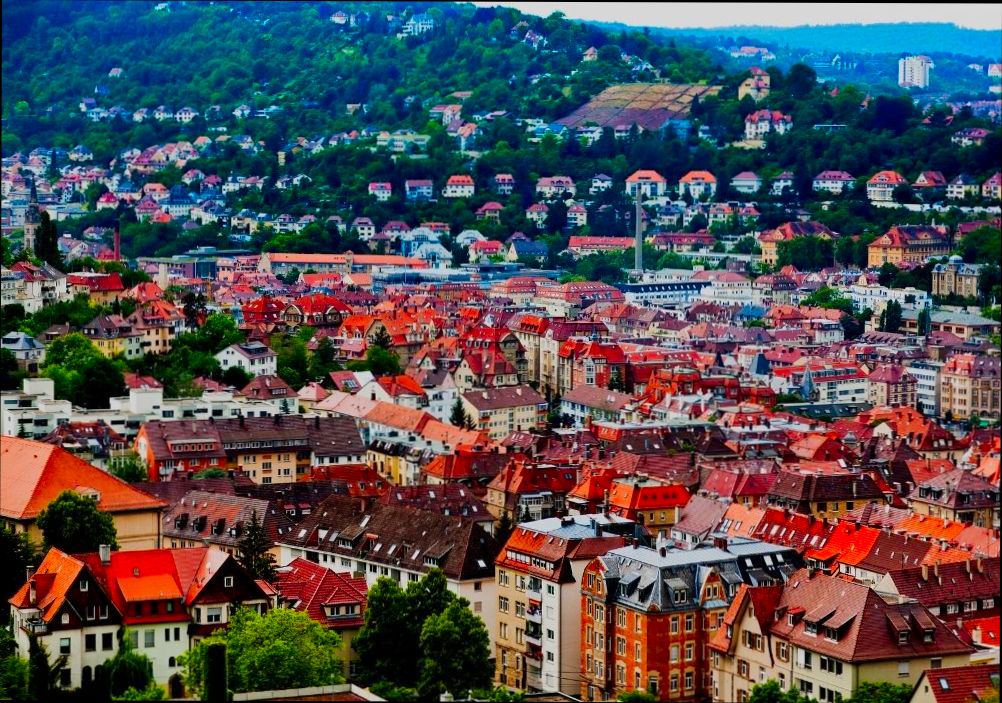
Real Estate Market Trends and Opportunities
As you explore living in Stuttgart, understanding the real estate market becomes essential. It offers a mix of competitive pricing, investment potential, and emerging neighborhoods, creating diverse opportunities for residents and investors alike.
Current Trends Shaping the Stuttgart Real Estate Market
The Stuttgart real estate landscape is ever-evolving, and several trends are currently shaping it:
- Continued Demand: Stuttgart’s robust economy, spearheaded by the automotive and engineering industries, fuels a steady influx of professionals seeking housing.
- Job Growth: With significant job creation in areas like technology and manufacturing, the demand for both rental and owned homes continues to rise, contributing to a thriving rental market.
- Attractive Yield: The average rental yield in Stuttgart, for residential properties, hovers around 3.7%, which is appealing for property investors looking for stable returns.
- Urban Expansion: Areas on the outskirts of Stuttgart, like Böblingen and Filderstadt, are witnessing increased development, with more affordable housing options aimed at young families and professionals.
Comparative Housing Prices
| Area | Average Rent (1-Bedroom) | Average Purchase Price per m² |
|---|---|---|
| Stuttgart City Center | €1,100 | €4,500 |
| Stuttgart Suburbs | €850 | €3,200 |
| Böblingen | €700 | €3,000 |
| Filderstadt | €800 | €3,100 |
Real-World Examples
Several neighborhoods in Stuttgart are currently gaining traction for both rental and investment opportunities:
- Zuffenhausen: This area has seen a recent spike in development, especially appealing to families and young professionals with its competitive pricing. With the average rental price around €850 for a one-bedroom apartment, it’s an attractive option.
- Bad Cannstatt: Historically rich yet revitalized, this district offers affordable options and a mix of cultural amenities. The purchasing price here is about €3,300 per square meter, making it an interesting choice for new buyers.
Actionable Insights for Residents and Investors
If you’re considering jumping into the Stuttgart real estate market, here are some actionable insights:
- Research Emerging Neighborhoods: Focus on areas with ongoing development plans; they often present the best opportunities for value appreciation.
- Get Familiar with Market Cycles: Understanding when to buy or sell based on the economic conditions and job market trends can maximize your investment potential.
- Engage Local Experts: Connect with real estate agents familiar with the Stuttgart market, as they can provide valuable insights on pricing trends and investment opportunities.
By staying informed and analyzing these trends, you can make well-rounded decisions in the Stuttgart real estate market.

Culinary Scene: Food and Dining Options
Stuttgart’s culinary scene is as diverse and dynamic as its culture. From traditional German dishes to international gastronomy, the city’s food offerings cater to a variety of tastes and preferences. Whether you’re a food enthusiast or just looking for convenient dining options, Stuttgart has something for everyone.
Diverse Dining Options
Stuttgart boasts a rich tapestry of dining experiences, including:
- Fine Dining: Renowned restaurants such as the Michelin-starred “Gourmet Restaurant Tafelhaus” focus on exquisite presentations and innovative flavors, attracting food lovers from far and wide.
- Casual Eateries: You can find numerous cozy cafes and bistros like “Ditsch,” famous for its pretzels, that provide a quick bite and a friendly atmosphere.
- Street Food: The local street food markets, such as Markthalle Stuttgart, offer a range of international cuisines, showcasing the multicultural nature of the city.
Thriving Local Food Culture
The local food culture emphasizes fresh, regional ingredients, often showcased through:
- Seasonal Menus: Many restaurants change their menus with the seasons, ensuring you enjoy the best produce at its peak.
- Festivals and Events: Annual events like the Stuttgart Wine Festival celebrate local wines and culinary delicacies, inviting you to experience the rich flavors of the region.
Comparative Overview of Dining Options
| Dining Type | Average Cost (per person) | Michelin-Starred Options | Popular Local Dishes |
|---|---|---|---|
| Fine Dining | €70-€150 | 10+ | Swabian specialties |
| Casual Eateries | €10-€25 | N/A | Maultaschen (pasta pockets) |
| Street Food | €5-€15 | N/A | Currywurst, pretzels |
| Ethnic Cuisine | €12-€30 | N/A | Thai, Italian, Turkish |
Real-World Examples
Take “Die Stube,” a local favorite serving traditional Swabian dishes made from family recipes. This inviting restaurant is perfect for experiencing the flavors and traditions unique to the region. Additionally, “Vegan Soul Kitchen” has gained popularity for its innovative plant-based dishes, reflecting Stuttgart’s growing vegan culture.
Practical Implications for Diners
If you’re considering dining out in Stuttgart, here are a few tips:
- Explore Regional Cuisine: Don’t miss trying local dishes like Spätzle and Zwiebelrostbraten, as they offer a true taste of the region.
- Utilize Online Platforms: Websites like TripAdvisor and TheFork can help you find top-rated restaurants based on reviews and experiences from locals and travelers alike.
- Book Reservations: For popular fine dining spots, especially those with Michelin stars, make reservations in advance to secure your table.
Actionable Advice
When dining in Stuttgart, explore the markets and festivals for authentic experiences, and don’t hesitate to ask locals for their favorite spots. Embrace the culinary diversity and make sure to sample both traditional and international cuisines to fully appreciate what Stuttgart offers!
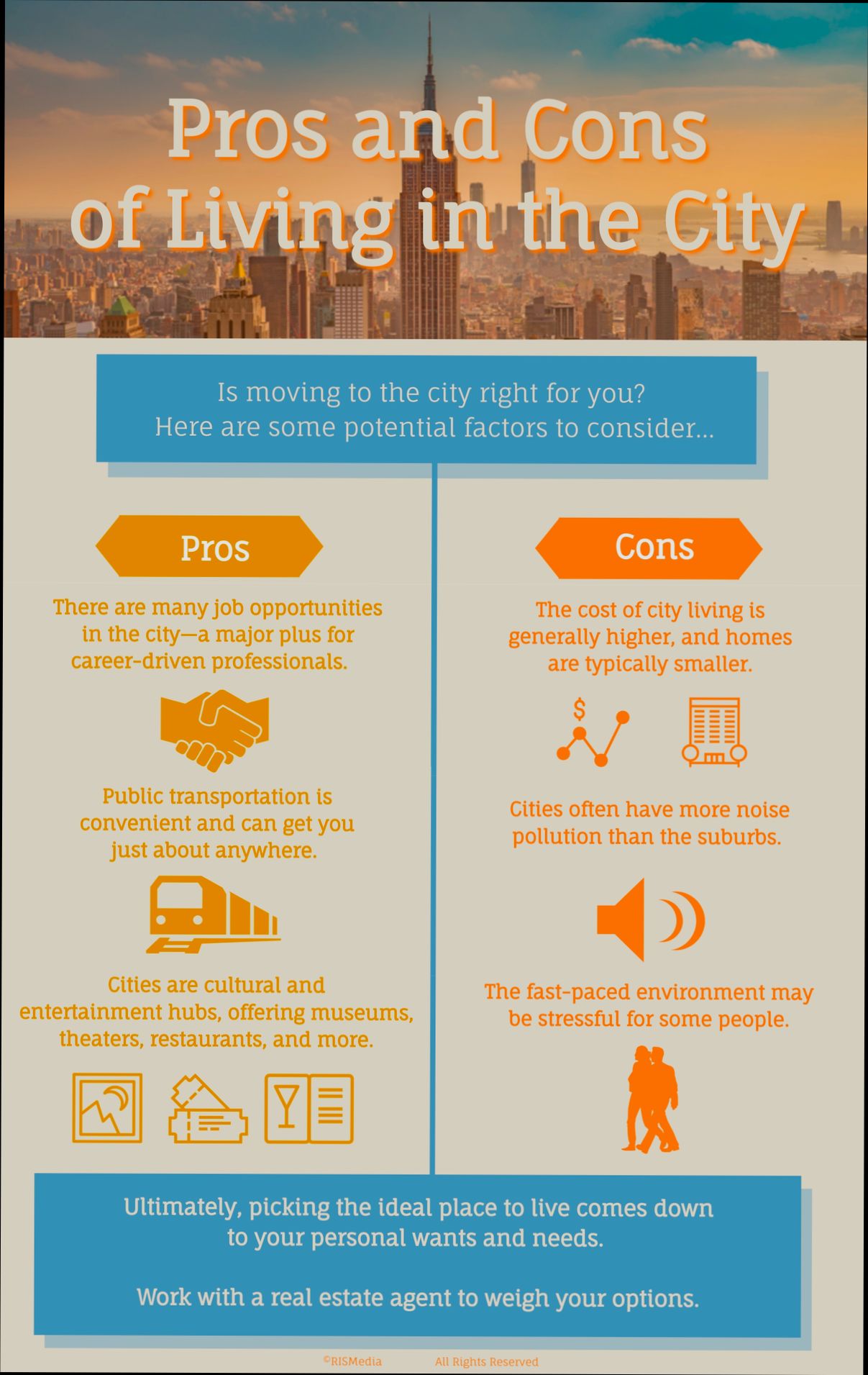
Environmental Sustainability Initiatives in Stuttgart
Living in Stuttgart means immersing yourself in a city actively striving for environmental sustainability. This commitment is evident in multiple initiatives that promote eco-friendly practices and enhance overall living conditions for residents.
Key Sustainability Initiatives
Stuttgart has implemented numerous initiatives aimed at reducing carbon emissions and promoting sustainability, including:
- Urban Green Spaces: The city has been focusing on expanding urban forests and green areas. Currently, Stuttgart is home to over 800 hectares of public parks and green spaces, encouraging biodiversity and supporting urban wildlife.
- Renewable Energy Projects: By 2025, Stuttgart aims to source 40% of its energy from renewable sources. Ongoing projects include solar energy in residential areas and the integration of wind turbines in nearby regions.
- Sustainable Mobility Solutions: The city promotes biking as a major mode of transportation. With over 400 kilometers of bike paths, Stuttgart encourages cycling as an alternative to car travel, with plans to increase bike lane infrastructure by 15% in the next three years.
Comparative Table of Sustainability Initiatives
| Initiative | Current Status | Goal/Target |
|---|---|---|
| Urban Green Spaces | 800+ hectares | Increase by 20% by 2025 |
| Renewable Energy Use | 25% of total energy | Reach 40% by 2025 |
| Bike Path Infrastructure | 400 kilometers | 15% increase by 2025 |
Real-World Examples
One successful example of Stuttgart’s sustainability initiatives is the “Stuttgart Solar Initiative,” which helps households install solar panels by offering subsidies. This program has led to a 30% increase in solar installations over the past two years.
Additionally, Stuttgart recently hosted its annual “Sustainable City Week,” which showcased local environmental projects, like community composting programs and urban beekeeping efforts.
Practical Implications for Residents
For residents, engaging in Stuttgart’s sustainability initiatives can mean more than just benefiting from cleaner air. You can participate in community gardening projects or bike-to-work days, fostering a greater sense of community and well-being.
The city also offers workshops on energy-saving techniques for homeowners, which allow you to lower utility bills while contributing to the city’s green goals.
Specific Facts and Actionable Advice
- To reduce your carbon footprint, consider participating in Stuttgart’s car-sharing programs, which have proven to reduce traffic congestion and encourage more sustainable transportation choices.
- Install a rainwater harvesting system at your home, as Stuttgart encourages such practices with incentives for households undertaking environmentally friendly renovations.
By participating in these initiatives, you not only contribute to a greener city but also enjoy the direct benefits of living in a sustainable environment.
